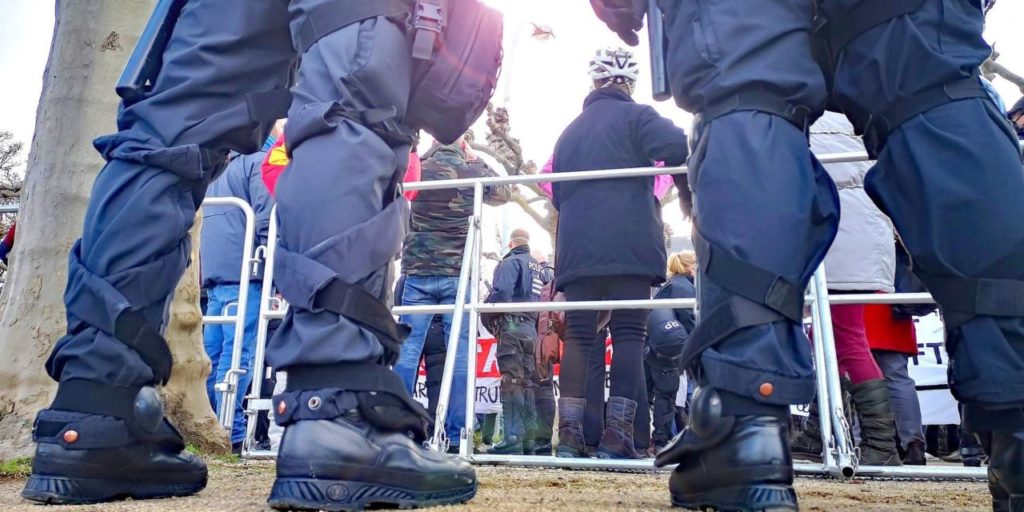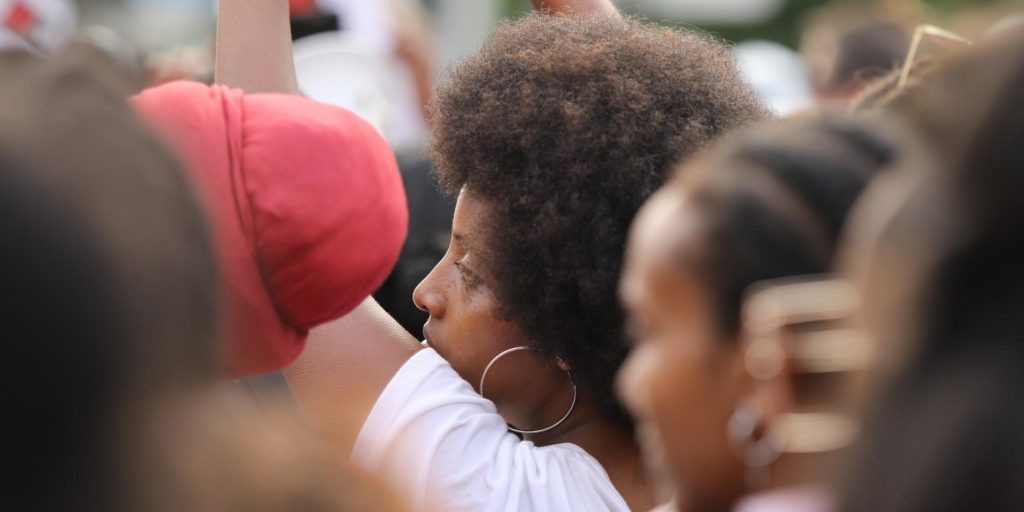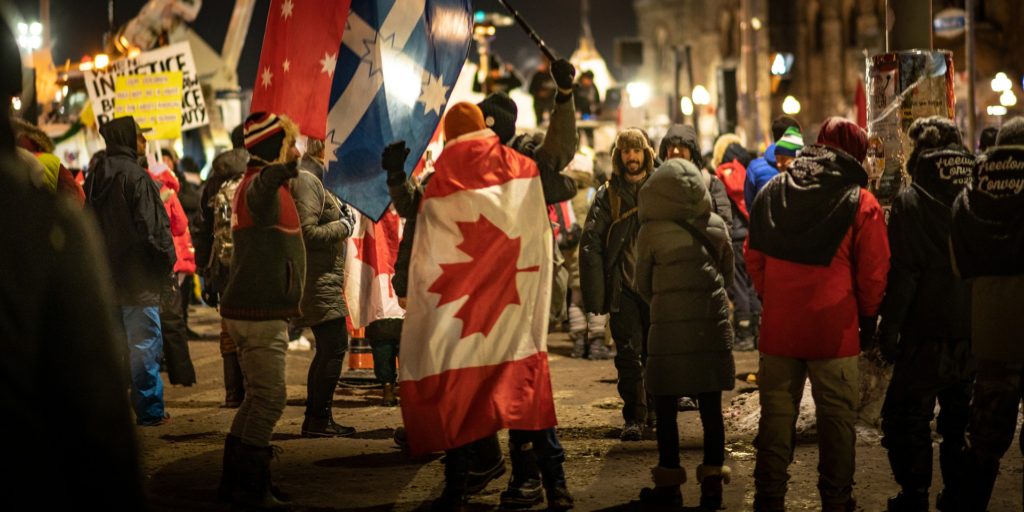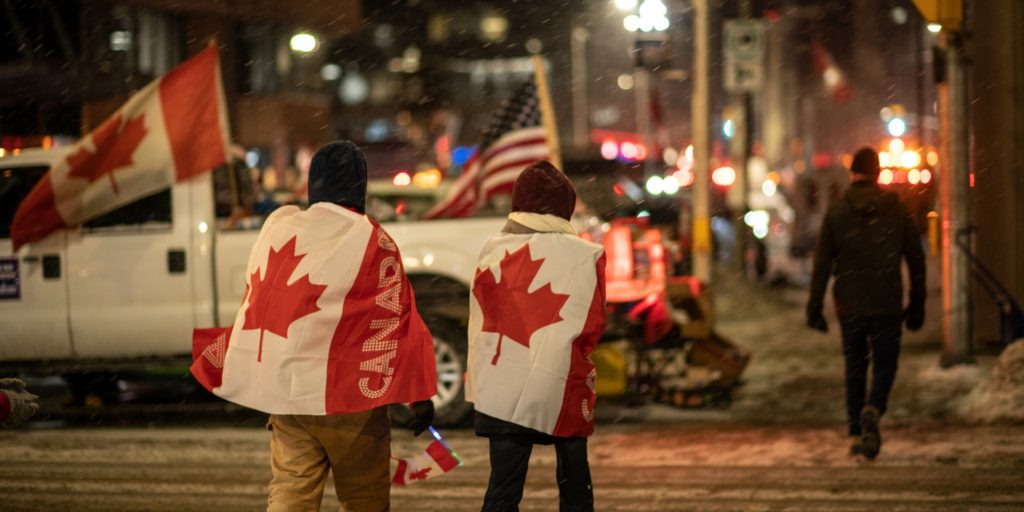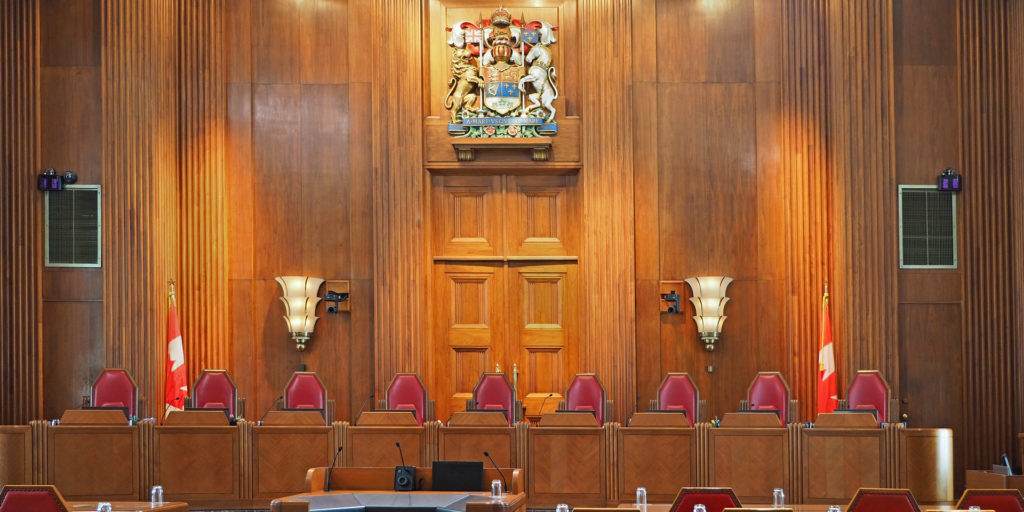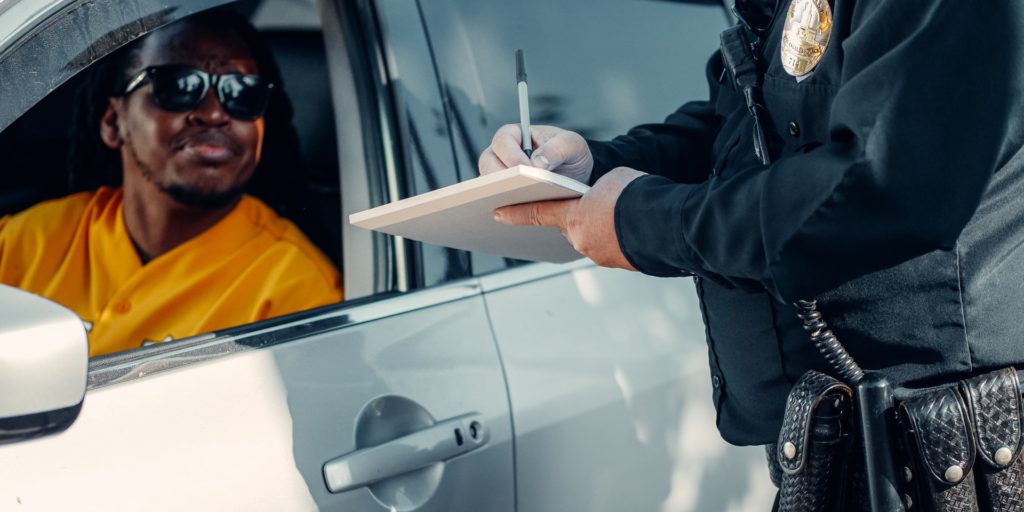Emergencies Act is meant for ‘urgent and critical’ situations
After three weeks of the truckers’ protest in February, the federal government invoked the Emergencies Act for the first time since its passing in 1988. That move was immediately denounced by many, as s. 3 of the Act defines a national emergency as an “urgent and critical situation of a temporary nature” that “seriously endangers […]
Emergencies Act is meant for ‘urgent and critical’ situations Read More »


